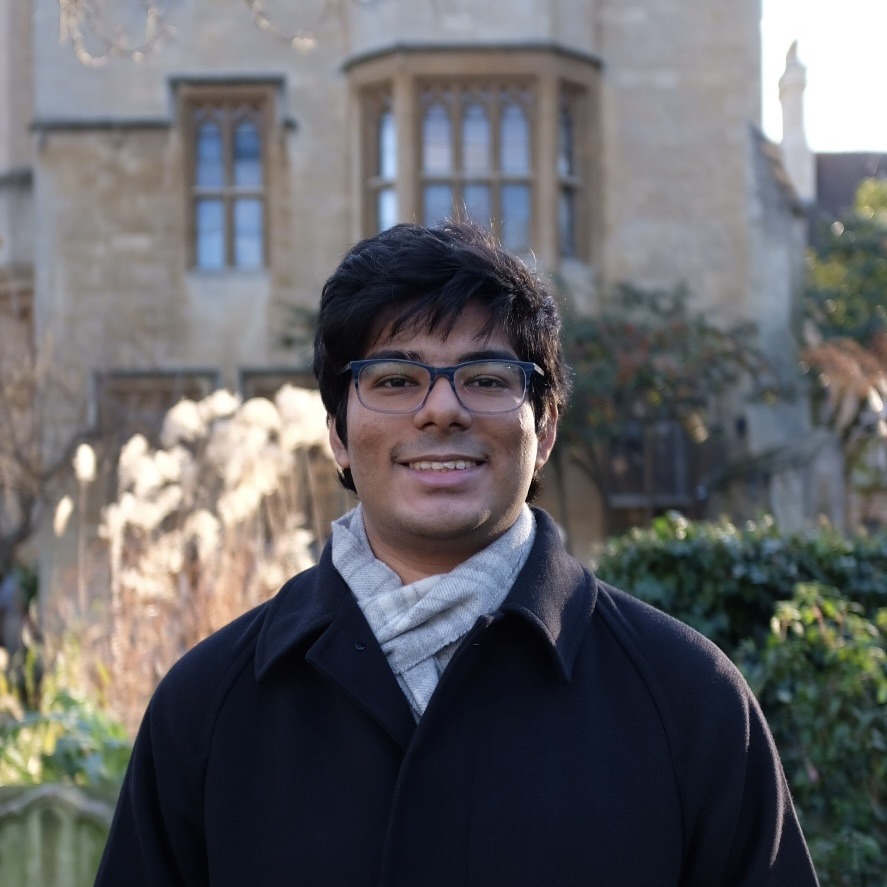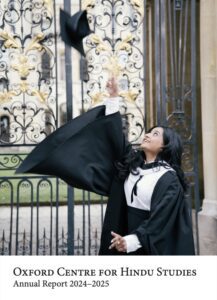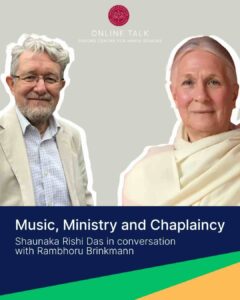A talk by Utsa Bose
Week 5, Tuesday 27 May, 2.00-3.00, OCHS Library
My lecture is based on a recent submission to the Monash Bioethics Review (Springer), for the volume “Medical Humanities in the 21st Century: their meaning, value and place in academic and societal discussion.’ What is the relationship between history, public health, and Hindu Studies? As an interdisciplinary subject that studies the relationship between medicine, health and the humanities, medical humanities has emerged as a highly fertile, plural field of studies, receiving particular fillip since the advent of COVID-19. However, this plurality, while generative, often lends itself to asking the question: what exactly can each individual/particular subject in the humanities bring to discussions on health and medicine? The aim of this lecture is to show how perspectives from history and Hindu Studies may both contribute to and draw from this field. The focus of this lecture is a collection of essays titled “Plague-Sanhitā ba Aryaswasthyabidhān” (“The Plague-Sanhita or The Aryan Hygiene”) written by a certain Tarini Prasad Jyotishi, a Bengali Hindu astrologer during the height of the plague pandemic in Calcutta. Published in 1899 and running over 150 pages, Tarini Prasad’s text contained prophecies, essays on astral influences, ways of protecting oneself from the disease, health guidelines, and social commentary. It thus straddled the worlds between the medicinal, the divine, the astral, the cultural and the sociopolitical. Within this collection, while one essay was critical of the plague vaccine, another essay, in a later section of the same collection, celebrated the vaccine and its developer Waldemar M. Haffkine. The first part of the lecture situates the context of the text’s production, as well as the background of the author, and analyses the reasons why the plague vaccine was criticised. The second part of this lecture looks at how the author celebrated the plague vaccine in a later section of the collection. In the third section, it attempts to answer why the astrologer changed his view on vaccination. Finally, by extrapolating certain key questions this case study asks, the lecture concludes by suggesting ways in which a historical perspective and Hindu Studies may contribute to and draw from the field of medical humanities.
Utsa Bose is a second year DPhil student in History at the University of Oxford. His current research focuses on infectious diseases and pandemics in colonial South Asia between the late-19th/early 20th centuries. His research area(s) include histories of science, medicine and technology, histories of health and religion, environmental and medical humanities, science and technology studies (STS) and bioethics.




